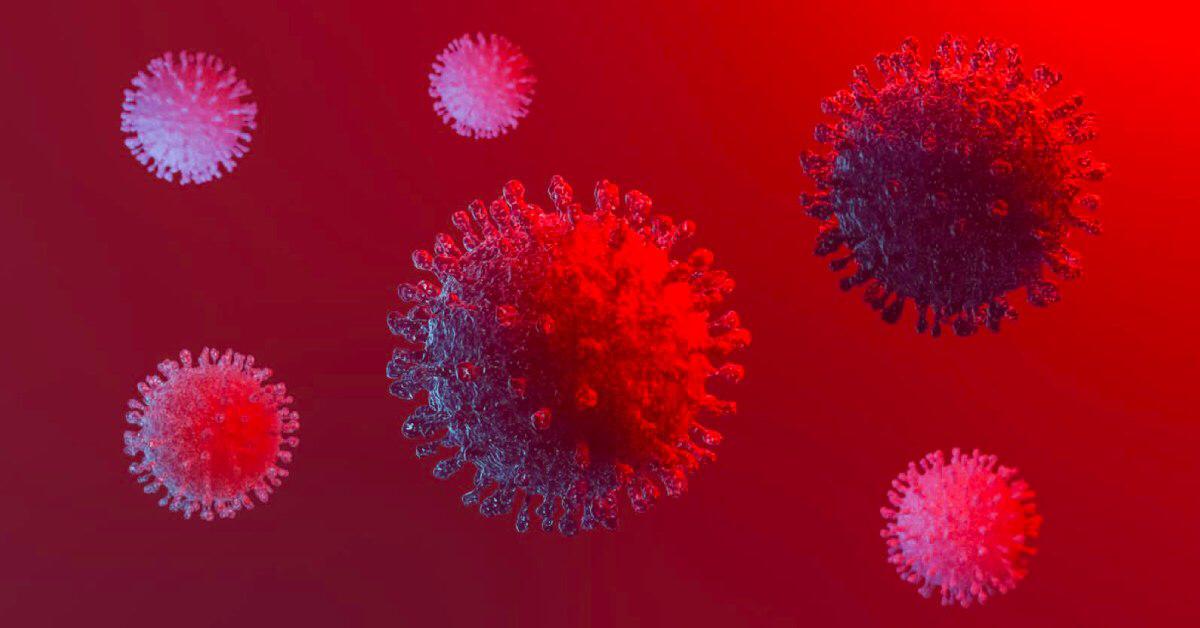COVID19
We are currently going through the second peak of covid19 pandemic and there is a lot of information as well as misinformation available through the media. Here is a brief summary of the key points to note.
The main symptoms of Covid19 include;
- A high temperature (37.8c or above)
- A new continuous cough
- Loss or change in sense of smell or taste
Other symptoms may include
- Body aches
- Fatigue
- Shortness of breath
- Chest tightness or pain
- Diarrhoea
- Headache
- Dizziness
- Rash etc.
The importance of wearing masks
The majority of patients with Covid19 are thought to have a mild illness. A study conducted in the UK in May on 120,000 people found that most people had no symptoms at the time of testing positive for Covid19. It is not known how many of them developed symptoms later. We need to be aware that people without symptoms can still pass the Covid19 virus to other people but this is less likely than people who are actually unwell with Covid19. Hence, we are advised to wear a mask in public areas.
Who is at risk for serious problems from Covid19?
The following risk factors make a person more susceptible of developing complications from Covid19:
- Elderly
- Those with co-morbidities e.g. heart disease, diabetes, chronic lung disease (asthma, COPD), immune disease or those taking medications which can supress immune system
- Men are found to be at greater risk of developing complications from Covid19 than women
- Black, Asian and ethnic minority (BAME) populations
What should you do if you develop covid19 symptoms?
- Book a Covid19 test which should be done within the first 8 days of developing symptoms
- Tests can be booked online or by calling 119
- Tests will take place in a walk-in centre, or a home testing kit can be sent home
- If you have mild symptoms then home care is advised however if you need advice, call 111. if needed you can also take advise from your own GP.
- It is important that you self-isolate and inform all your contacts to self-isolate. For patients, self-isolation period is 10 days from the onset of symptoms (more if symptoms e.g. fevers continue) and for contacts, the self-isolation period is 14 days.
- If any of your contacts develop symptoms suggesting Covd19 infection, they should also book a test
How to seek medical advice
- If you have any questions or concerns regarding your health or illness/symptoms make sure you take advice from a health professional.
- You can call 111 to take advice from a healthcare professional or GP.
- If you have a serious health condition or have been advised by your GP to shield during the previous Covid19 outbreak, please contact your GP or call 111 to take advice should you develop symptoms of Covid19.
- If you are pregnant, call 111 (or your GP).
- If your child develops symptoms, suggesting Covid19, contact 111 for advice (or your GP)
- If you have Covid19 symptoms and feel unwell, have chest tightness or pains or shortness of breath, feel dizzy, have severe headaches, have high fevers not settling with analgesia e.g. paracetamol, you are not able to do your usual activities at home or have any other symptoms causing concerns, contact 111 (or your GP) for advice.
- Consider attending A&E at your local hospital if you develop significant chest tightness or pain, feel significant shortness of breath (e.g. unable to complete your sentences whilst talking or having to stop whilst going up and downstairs), feel as if you may faint or collapse. Call 999 if symptoms are worse.
- Please be aware not to use public transport should you have symptoms of Covid19.
- It is important to be aware that GP surgeries are NOT closed. You can still seek advice for any health problems from your GP. At present, due to the pandemic, the majority of GPs are doing telephone consultations and if needed video consultations. If the GP feels you need a face to face review, they can arrange this at the surgery. If you have signs and symptoms of Covid19 and feel that you need face to face review seek advice from 111. Also, be aware Accident and Emergency departments are also open as before. Those with suspected Covid19 symptoms are seen in a separate area as compared to those who have no Covid19 symptoms.
Complications/risks of covid 19 are rare and include;
- Pneumonia
Respiratory failure
Stroke, blood clots
Damage to heart
In children, Covid19 is less common and usually produces mild illness, however, in rare cases, it can cause serious complications. If your child looks unwell, has breathing difficulties, has a peeling rash on hands and feet, (or elsewhere), has not passed urine for 8-10 hours or if you have concerns, please take advise from 111 or your own GP or attend local A&E depending on the severity of symptoms.
Useful websites
- GOV.UK- useful information on all aspects of Covid19 including up to date government guidelines
- NHS choices- this website gives all necessary information on health conditions and their signs and symptoms including those of Covid19.
- Mind.org.uk -this is a mental health charity. If you feel anxious and or low in the mood this website can provide useful information. Also, contact your GP for assessment (which can be done on the telephone if needed) and support.
